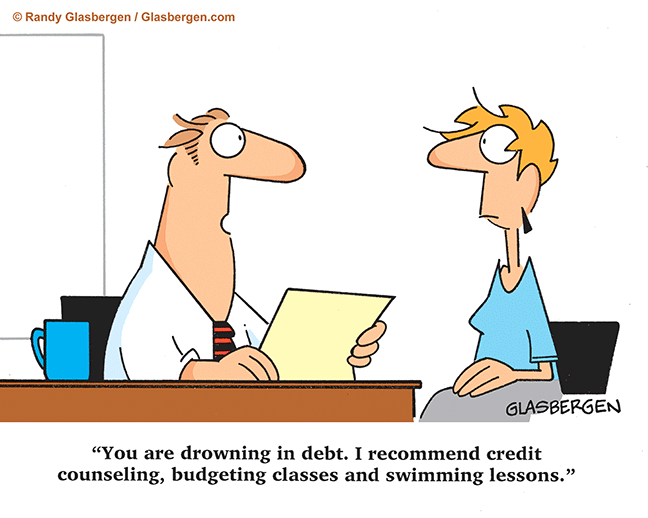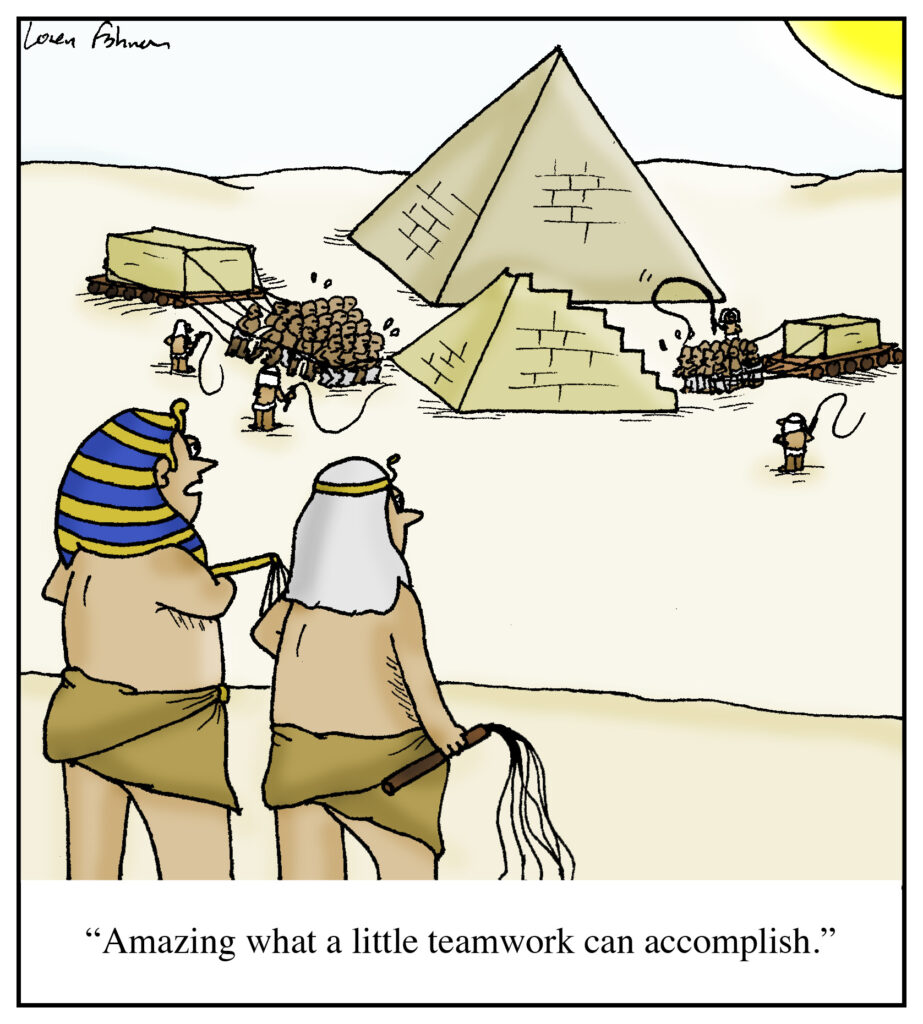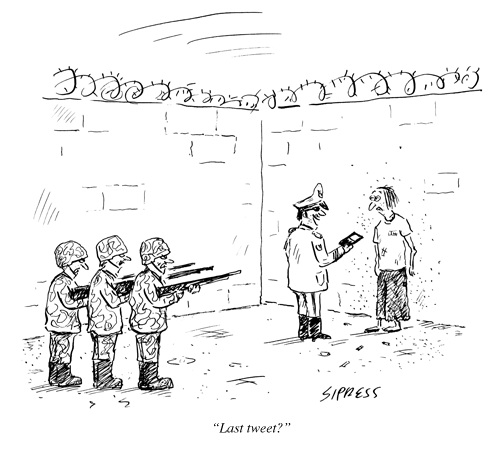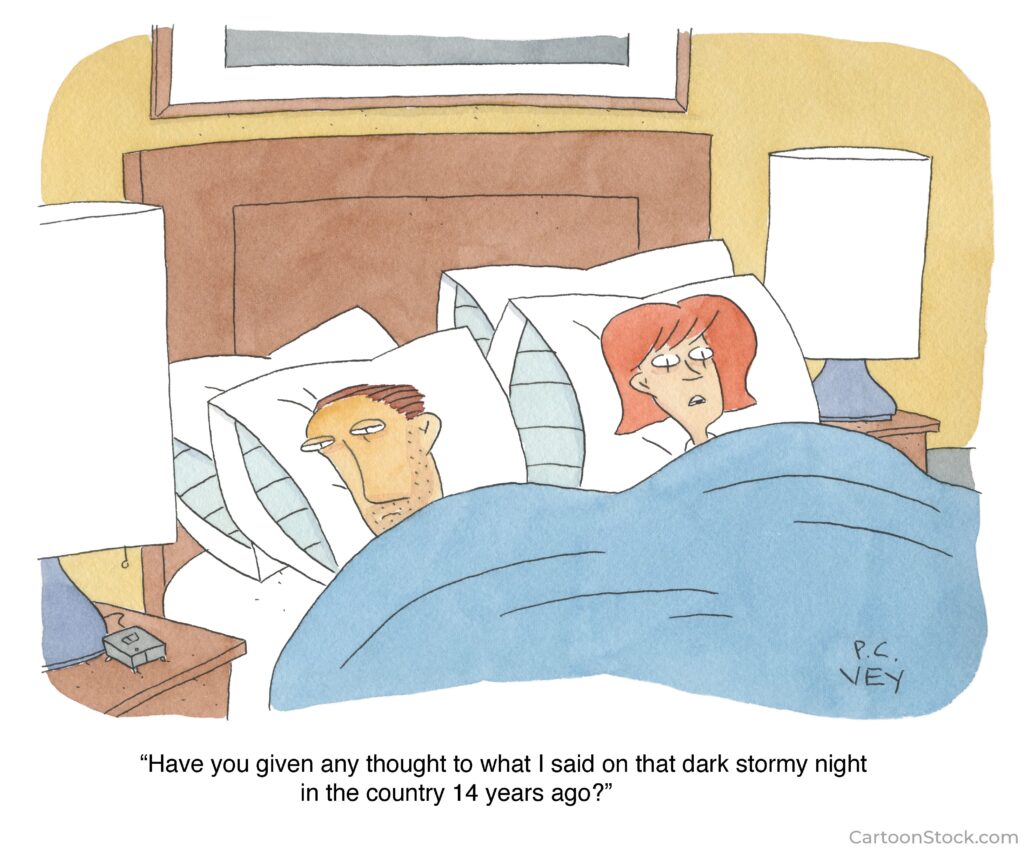
Before Mary and I got married, we developed a simple, handwritten budget—two columns (income, expenses)—and every month we updated it and talked about any variances. When computer software became available we used Quicken. We’ve had an annual budget for 46 years. It’s worked well for us.
Every organization and family needs a viable budget. I’m amazed at how many people deal with budgets at work but don’t use one for their personal finances. Budgets are necessary and beneficial in both venues. [Do you have a personal budget?]
A budget is a financial plan.
The budgeting process forces you to think realistically about income and expenses. A budget produces transparency about expenses and helps you prioritize income. When my daughter first considered buying a car she was surprised to discover the actual costs of ownership (payment and interest, insurance, gas, repairs, toll tag, registration). A budget makes that transparent.
A budget is a plan, and plans often change, so mid-year adjustments are sometimes necessary, but they should be minor and infrequent.
A budget allows you to manage your finances.
You can’t manage what you don’t measure. If you go on a diet, you can’t manage it unless you regularly measure your weight. If you want to learn a new skill, find ways to measure your progress.
A budget allows you to measure and therefore manage your finances. You’ll realize how your money is actually being spent (for instance, spending $4.50 every morning at the coffee shop will cost you $1,642 annually), and most importantly, you’ll discover if you’re spending more than you’re making.
A good budget eliminates surprises.
One sign of a good budgeting process is that there are few financial surprises – large, unexpected expenses. Anticipate your financial needs—particularly large purchases—and put money aside to make sure you’ll have funds when needed.
For instance, both our cars are paid off, but we continue to make a monthly $500 car payment into a savings account. (Long term, it costs us about $250 a month to drive a decent car, so $250 x 2 cars is $500.) When our current cars need replacing we’ll have enough money to pay cash for new ones. Our refrigerator is 26 years old so it could die any day. We’ve already set aside $2k for a new one, so we won’t be surprised or dismayed when the current one expires.
An annual budget should prepare you for retirement.
When you’re in your 20s and 30s, it’s hard to imagine that one day you’ll be old, and that you need to start now to financially prepare for those later years. But old age inevitably arrives.
My personal advice: Starting with your very first paycheck, invest at least 5% of all earned income in a low-expense index fund that represents the broad stock market. Don’t try to outguess the market because long-term that doesn’t work. Just put your money in an index fund and don’t touch it until you get old. Do that for 45 years and you’ll be in good shape financially. (When I was 30 years old I withdrew $10,000 from my retirement account to pay for…[I can’t even remember]. If I had left the money in the stock market it would be worth $210,000 today.)
An annual budget is not just about the next 12 months, it should also prepare you for old age.
When is the best time to plant a tree? Twenty years ago. When is the second-best time to plant a tree? Now. The same applies to budgeting.




